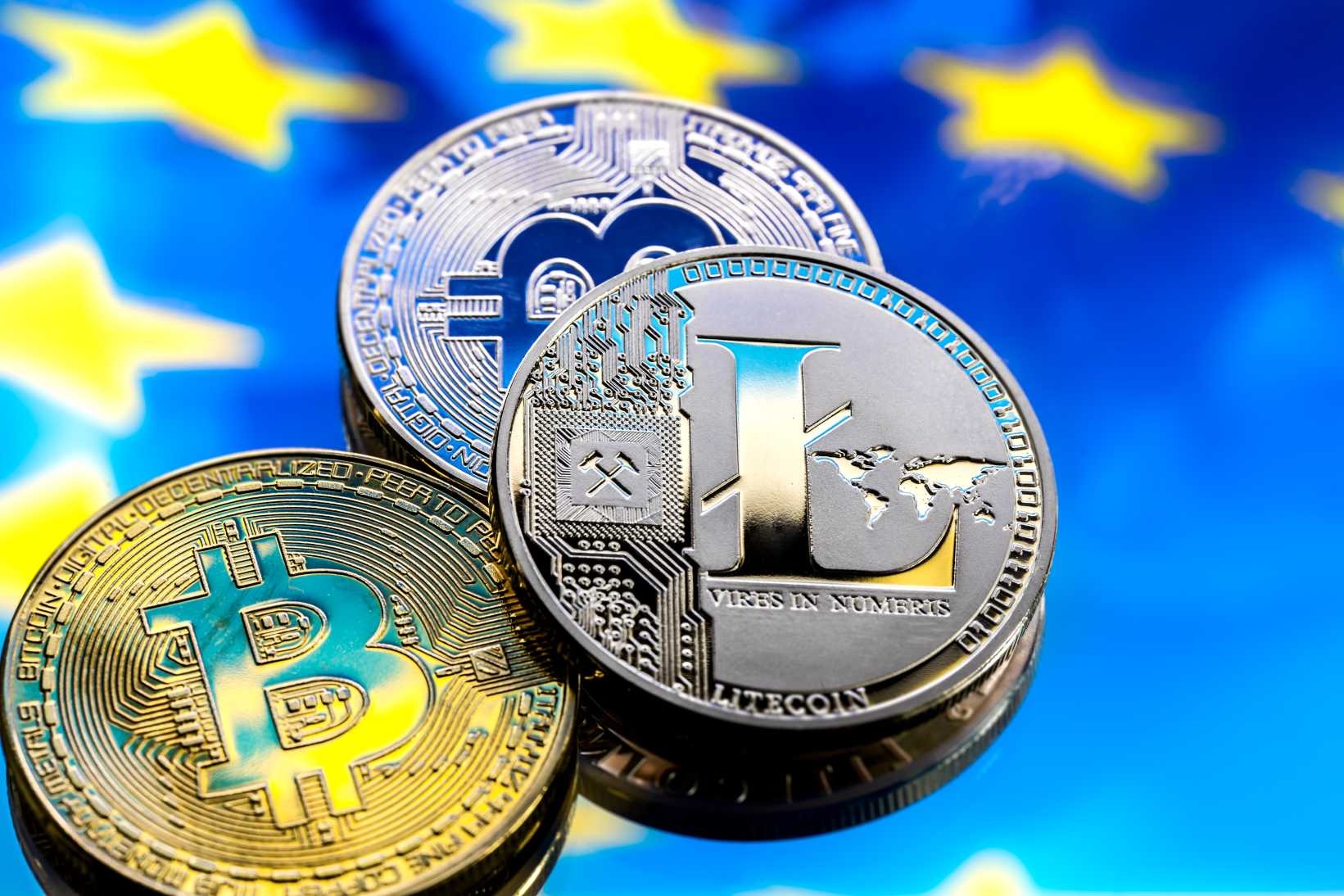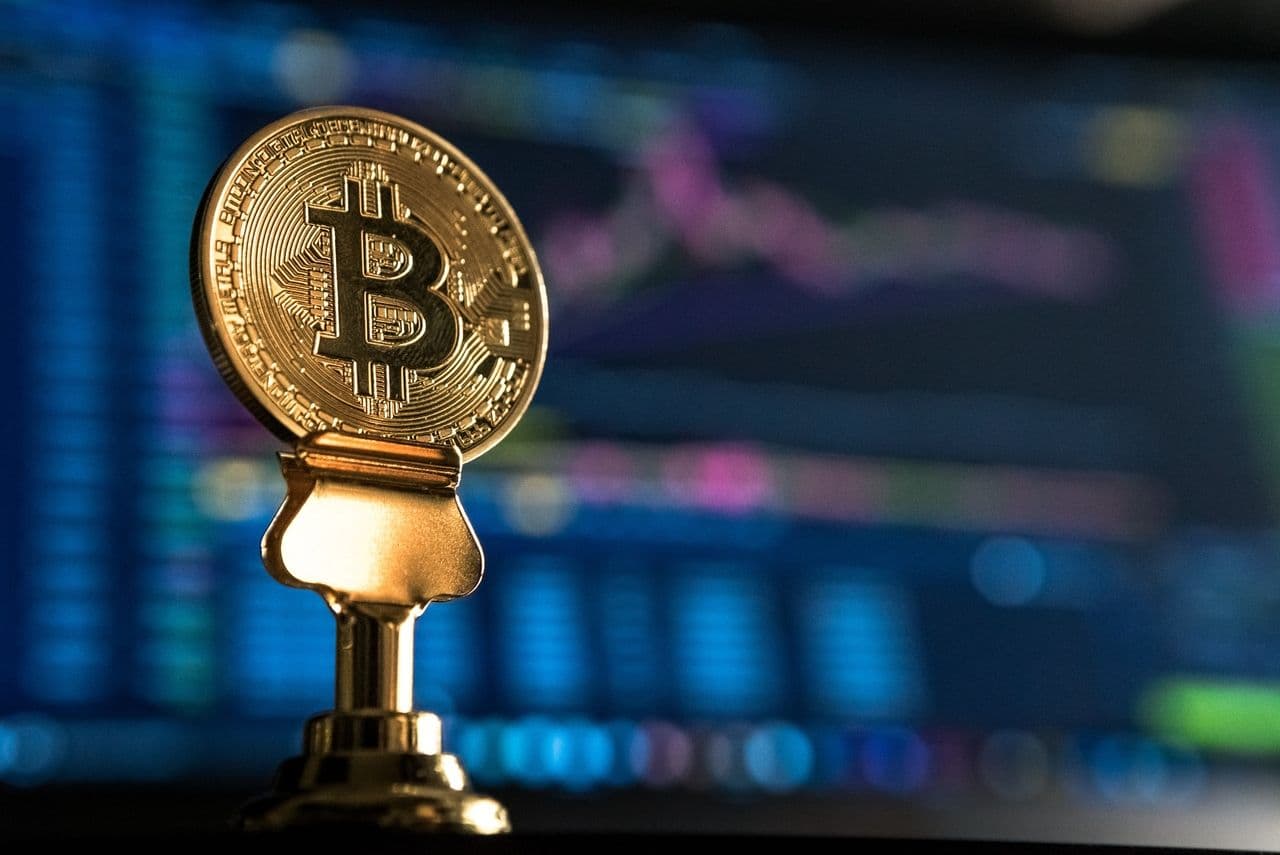Are crypto prices threatened by tightening EU regulations?
The European Union’s 28 member states have decided to scrutinize cryptocurrencies and the regulatory challenges they pose. Finance Ministers from the member states will convene to discuss whether or not regulations on the industry should be tightened and will be […]

The European Union’s 28 member states have decided to scrutinize cryptocurrencies and the regulatory challenges they pose. Finance Ministers from the member states will convene to discuss whether or not regulations on the industry should be tightened and will be looking at issues including the lack of industry transparency, and the misuse of cryptocurrency for illicit purposes, like money laundering, tax evasion, and financing terrorism.
Vienna will be the meeting place for the officials, according to a draft note obtained by Bloomberg which states September 7 as the day of the conference. However, it seems that the meeting won’t be completely negative for Cryptocurrencies because European regulators view Initial Coin Offerings as an “efficient way to raise capital” and are interested in looking at how cryptocurrencies can modernize current economic systems, according to the document.
Regulating the relatively young market has become a priority for global regulators who have been looking to establish more nuanced control in the market for a while now. Given that the market is still in its nascent form, it is unclear whether any harsh stances will be taken that can affect the cryptocurrency markets.
Conflicting Approaches
Even though most countries have taken a well reasoned approach to the industry, regulators in China have been doing their best to maintain the government’s ban on cryptocurrencies effectively. Yet, activity in crypto has carried on through alternative channels like mining. Chinese authorities are looking to end the practice, according to Reuters, which cited an internal memo from a government meeting in January. EU regulators have traditionally taken a “do-no-harm” approach to the industry, allowing for growth and innovation while trying to reduce the amount of fraud and illicit activities. However the outcome of the upcoming meeting is still a mystery.
The U.S. handles the second largest volume of bitcoin, roughly 26 percent, according to Cryptocompare. Investors in the United States have been witnessing the regulators sending mixed signals, even though the Securities Exchange Commission (SEC) has been fairly quiet on cryptocurrency regulation, they have been rejecting countless ETF applications citing reasons of “market manipulation” and volatility.
The Commodities and Futures Trading Commission (CFTC) – which is the SEC’s regulatory counterpart, has been a vocal advocate for the cryptocurrency markets, stating that the technology and investors deserve “respect” and that regulations should be drafted so that it will only benefit the markets and investors.
Steve Mnuchin, the US Treasury Secretary has in his department’s Fintech report addressed to US President Donald Trump advocated for a sandbox regulatory environment for the cryptocurrency and blockchain industry.
Mnuchin stated in the report that “Internationally, many countries have established ‘innovation facilitators’ and various regulatory ‘sandboxes’ — testing grounds for innovation…While replicating this approach in the United States is complicated by the fragmentation of our financial regulatory system, Treasury is committed to working with federal and state financial regulators to establish a unified solution that accomplishes these objectives — in essence, a regulatory sandbox.” Mnuchin went on to say that the United States must “stay abreast of developments in technology and to properly tailor regulations in a manner that does not constrain innovation,” while advocating for crypto and blockchain technology.
The Japanese regulatory authorities have been targeting cryptocurrencies with anonymity features, like Monero and Zcash, forcing exchanges to remove them. This clearly shows Japan’s intent is to focus more on regulating cryptocurrency exchanges rather than the broader cryptocurrency markets. Japan has also been trying to counter speculative investing associated with cryptocurrencies, like imposing a cap on crypto leverage trading, discouraging investors from making high risk trades using borrowed crypto.
As the biggest investment mania in recent memory rages on, regulators around the world are scurrying to establish control over the lucrative sector, ranging from a massive crackdown in China to an exchange-licensing regime in Japan. In Europe, the constant rise and fall of the virtual-currency markets have seen the authorities warning that the current EU laws don’t offer any protection whatsoever to investors. The European Commission, the EU’s executive arm, has pledged to monitor developments and determine the need for further action teaming up with other agencies.
Cryptocurrency markets continue to surge ahead not heeding warnings by regulators the world over and adoption rate is not showing any signs of slowing down in the long run. With the situation in the global market becoming more and more apparent it is presumable that global regulators will begin work on drafting regulations that protect investor’s funds and support innovation.
Follow us on Twitter, Facebook, Steemit, and join our Telegram channel for the latest blockchain and cryptocurrency news





























